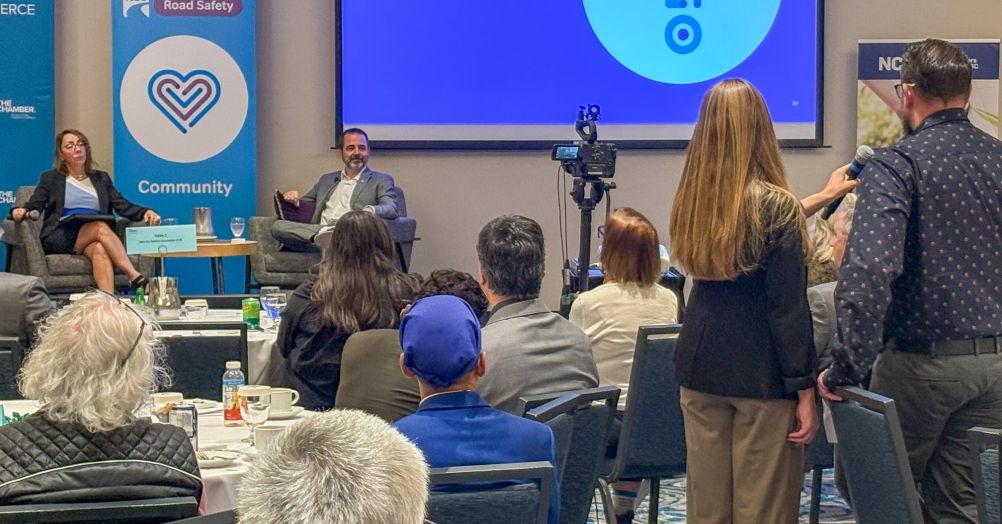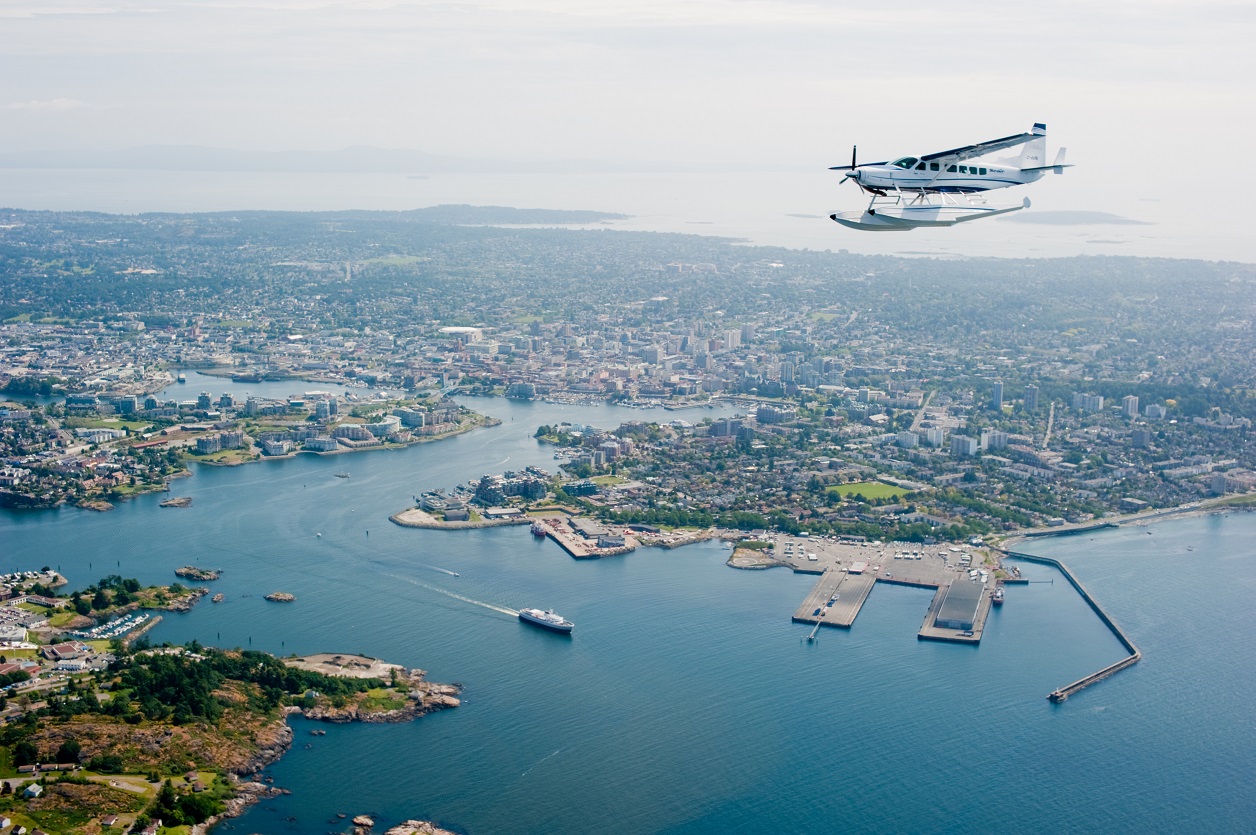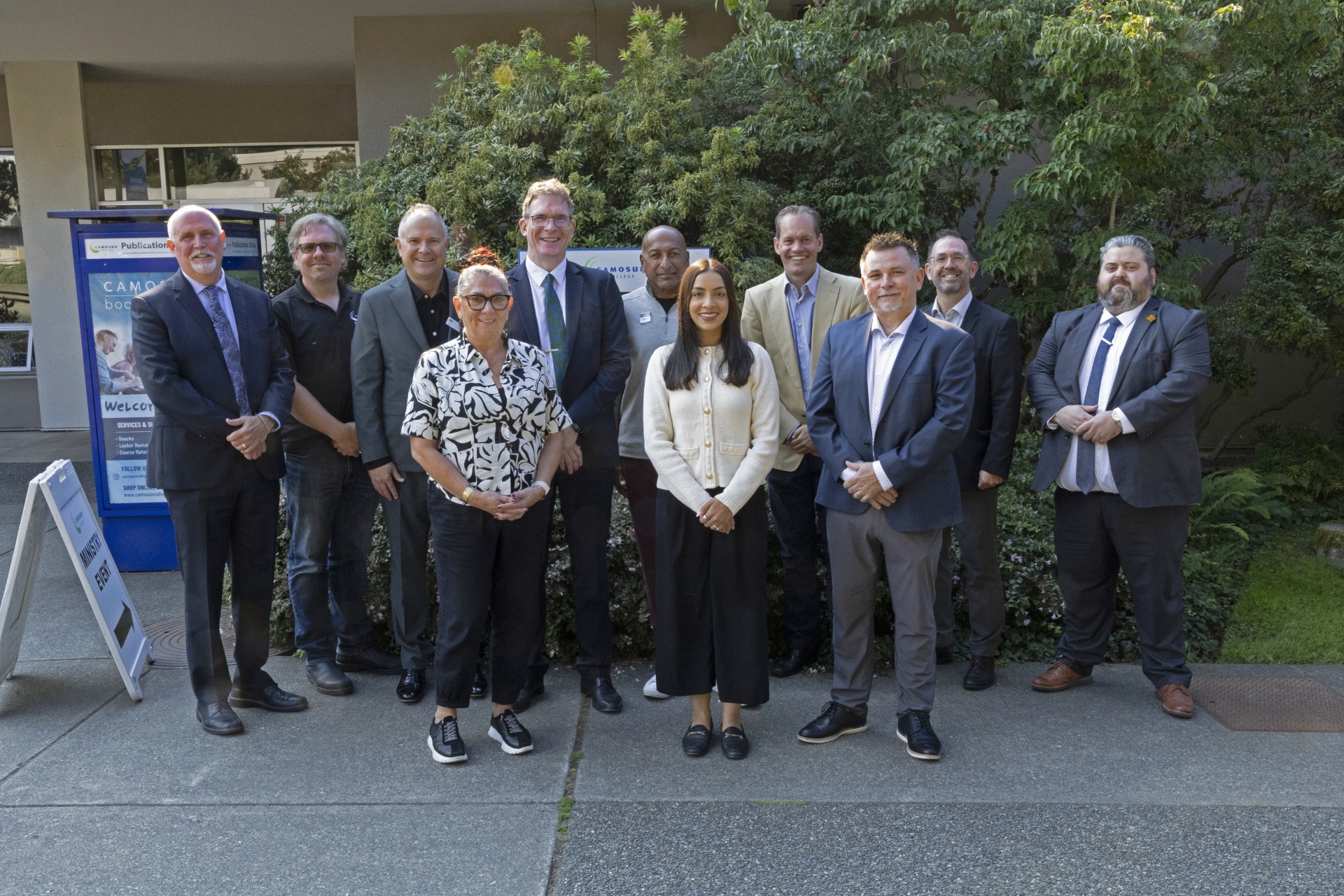Nations sign agreement with airport authority
The Victoria Airport Authority (VAA) entered into a 15-year Friendship Agreement today with the W̱SÁNEĆ First Nations, including the BOḰEĆEN (Pauquachin), W̱JOȽEȽP (Tsartlip), SȾÁUTW̱ (Tsawout) and W̱SÍ,ḴEM (Tseycum).
The groups have a commitment to work together in support of reconciliation and the future of the airport and surrounding community.
“This Friendship Agreement reflects the leadership and commitment shown by the W̱SÁNEĆ Nations and by our organization,” VAA President and CEO Elizabeth Brown said in a media release. “It provides a practical framework for how we will work together as YYJ continues to evolve. We are proud of the progress made to date and look forward to building on this partnership in the years ahead.”
As part of the Agreement, VAA will make annual economic contributions to the signatories based on airport revenues. These contributions include new, dedicated funding for education training, scholarships and internships to increase employment for W̱SÁNEĆ members at the airport, as well as support for new business opportunities. The Agreement also addresses a range of shared focus areas, including communication and engagement, culture and placemaking, and environmental stewardship.





























